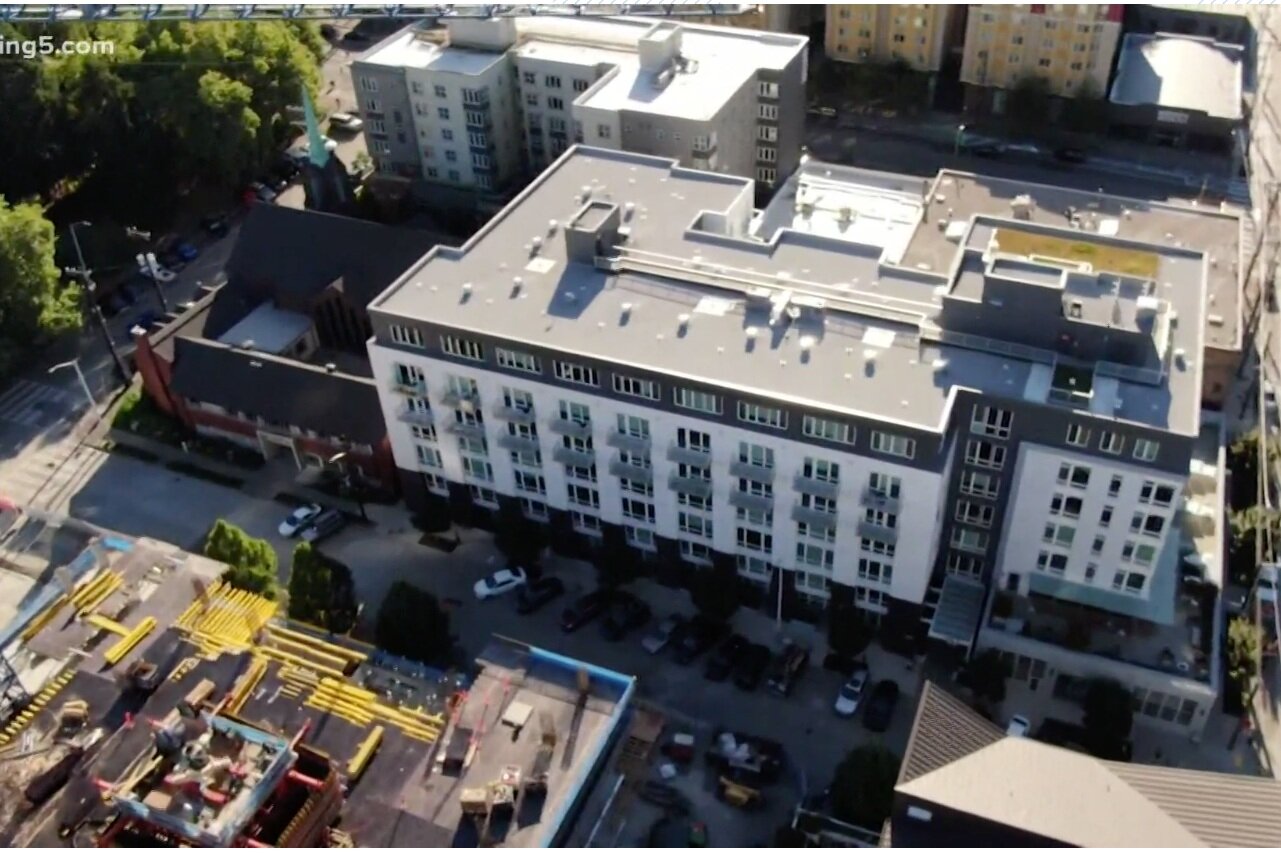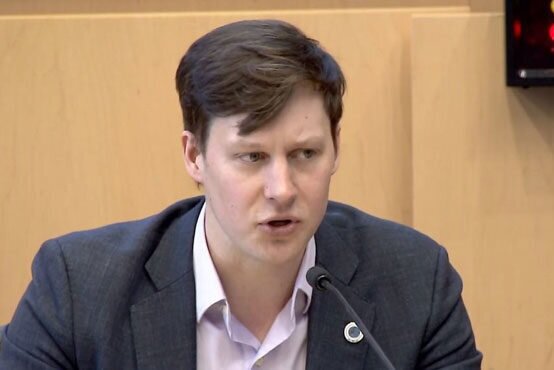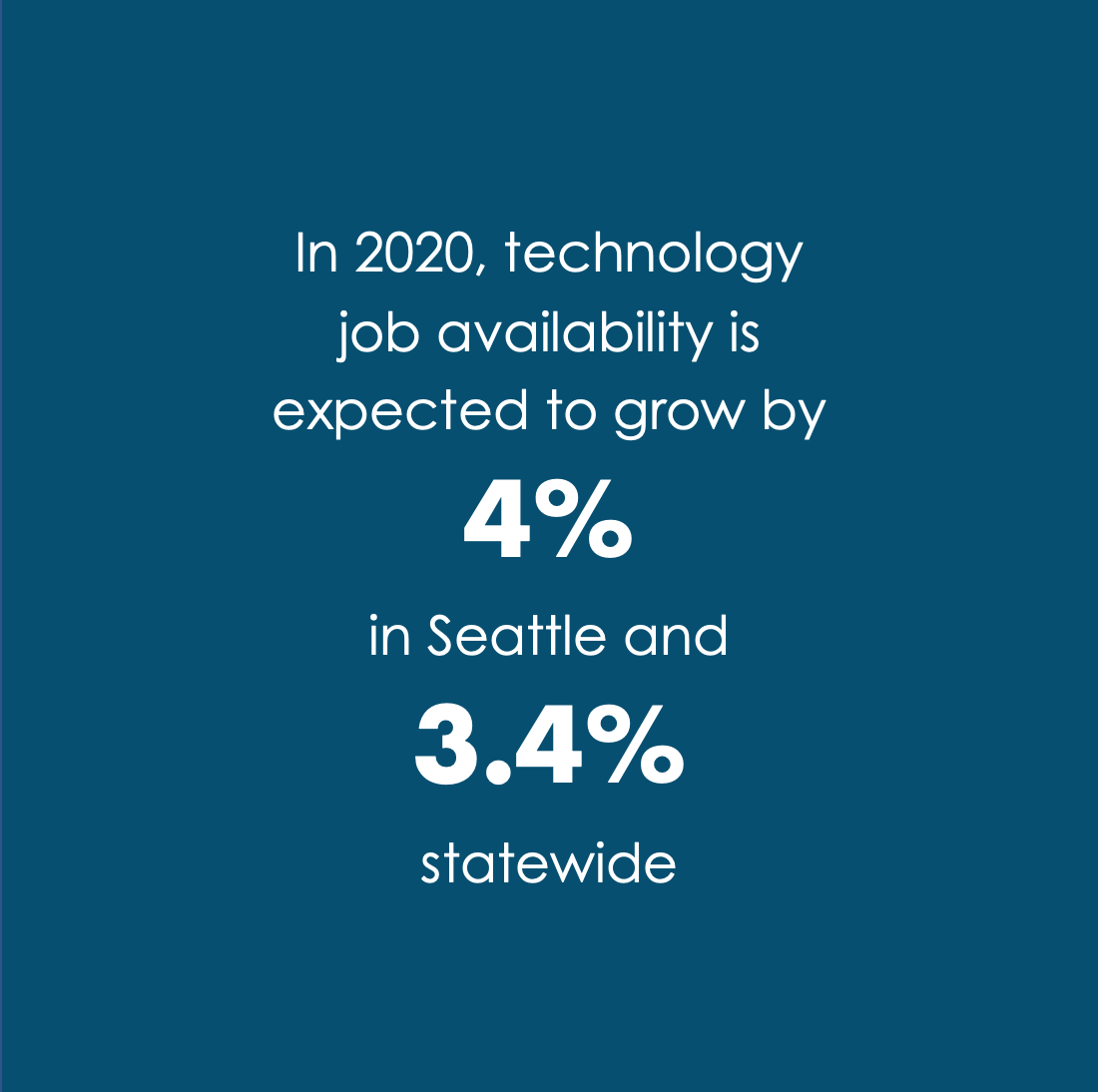Communities In Focus

Seattle
The largest city in the Pacific Northwest, Seattle is known for its progressive activism. Although tech innovation has generated rapid economic growth, it is also responsible for increasing gentrification and income inequality and decreasing affordable housing.
Seattle is a good example of a large U.S. city that has experienced business and tech booms and large-scale gentrification but remained politically progressive.
This month in Seattle
Last updated: November 9, 2020

Strong Seattle housing market sparks ripple effect in Thurston County
Rising home and apartment prices are driving people out of the city. Seattle home prices are increasing faster than home prices in America at large.

Seattle City Council mulls law that could result in dismissal of many misdemeanor crimes
Fierce debate ensues over proposed legislation. In the new system, people charged with misdemeanors can cite substance abuse, mental illness or poverty and thereby avoid possible conviction or imprisonment. This would constitute a new way to understand and deal with crime.

Business associations make urgent appeal to city to address crime, drug use and more in city parks
Business owners petition the government for intervention in regards to homelessness, drug use, vandalism, and crime in parks. COVID-19 has caused these issues to persist in parks because the state is not regularly maintaining the parks.
Neighborhood Spotlight
One Ichor advisor highlighted gentrification as a major factor in displacing longtime residents in the Central District, forcing them to sell their homes to developers and relocate to less expensive cities such as Tukwila and Kent.
Seattle percent black population
Swipe right to view 1970 map, swipe left to view 2010 map

The Central District was once the center of Seattle’s Black community: in the 1970s, more than 70 percent of the Central District’s residents were Black. Today, that figure is only about 15 percent. In 2015, the area was designated an Arts & Cultural District, with the goal of preserving its African and African-American legacy.
The city has agreed to rezone a large part of the Central District under the Mandatory Housing Affordability program to increase the number of affordable homes in the area. Community leaders fear these efforts could place pressure on current residents to sell their homes.
The city’s efforts to mitigate impacts on small businesses and longtime residents have included adopting the Central Area Neighborhood Design Guidelines for future development. Community organizations created these guidelines in partnership with the City and local architects.
Government

MAYOR DURKAN
Jenny Durkan, Seattle’s first female mayor since the 1920’s, was elected in November 2017 with 61 percent of the vote. She is running for reelection in 2021.
Recent efforts to recall Mayor Durkan have gained traction, with petitioners asserting she did not implement proper chemical crowd control safety measures for individuals protesting in the city against police brutality and systemic racism following George Floyd’s death. The mayor is legally challenging the recall.
The 2019 City Council elections ushered in candidates running on progressive platforms. Kshama Sawant, the Council’s most outspoken progressive, called the election a “mandate for progressive ideas.”
2020 City Budget
Seattle faces a budget deficit of more than $300 million. The Mayor and the City Council are divided on how to respond to activists’ demands to defund the Seattle Police Department. Although they agree on investing in marginalized communities, the two branches have been unable to agree on specifics.
Economics
Forbes currently ranks Seattle as number one on the Best Places for Business and Careers list, a title the city holds for the second straight year due to its booming economy, educated workforce, and large millennial population.
Despite this, as is the case with much of the country, the pandemic and recent protests against police brutality have forced small business owners into a position of uncertainty.

Industry
Tech giants such as Microsoft and Amazon have fueled the city’s economic growth, attracting some of the country’s most skilled workers and providing a breeding ground for innovation. More than 60 percent of Seattle residents over age 25 hold a bachelor’s degree or higher compared to the national average of less than one-third.
Workforce
Seattle’s tech industry added 34,000 jobs between 2017 and 2018, the most among leading tech cities in North America. In February 2020, unemployment reached a record low of 2.2 percent. While this peaked at 13.7 percent in April amid COVID-19, it has since dropped to 8 percent in July.
Seattle's active labor unions have historically fought for better labor conditions and this tradition continues today with the Seattle Domestic Workers Alliance. In 2018, Seattle became the first city to pass a domestic workers bill of rights, guaranteeing a minimum wage and rest and lunch breaks.

Taxes
The controversy over the 2018 head tax on large corporations generated animosity and distrust between the business community, Mayor Durkan, and the public. In July 2020, a more progressive City Council passed the “JumpStart Seattle” tax on corporations with payrolls exceeding $7 million, which will raise $200 million in revenues to help the city recover from the coronavirus pandemic and fund new affordable housing. Prior to this, in November 2019, the city imposed a 57-cent tax on Uber and Lyft rides in Seattle to fund affordable housing initiatives.
Community
Income inequality has risen in recent decades and rivals that of other cities that have experienced tech booms, such as San Francisco. In recent years, the top 20 percent of income earners raked in over half of total income and Seattle was ranked the third most rapidly gentrifying city in the nation.
Seattle’s economic expansion has also fueled an affordable housing shortage. A January 2020 city government report found that rental and ownership cost increases have put affordable housing out of reach for many low- and middle-income residents.
Seattle Median household income

Individuals Experiencing Homelessness
For decades, the city has made efforts to address homelessness. Although many factors contribute to the crisis, Ichor advisors stressed that efforts to tackle the problem require coordination between stakeholders across the area.
Seattle’s public transit system faces budgetary constraints that may force service cuts. As gentrification displaces residents – particularly low-income residents of color – farther away from lucrative jobs, these cuts may put critical access to public transportation at risk.

